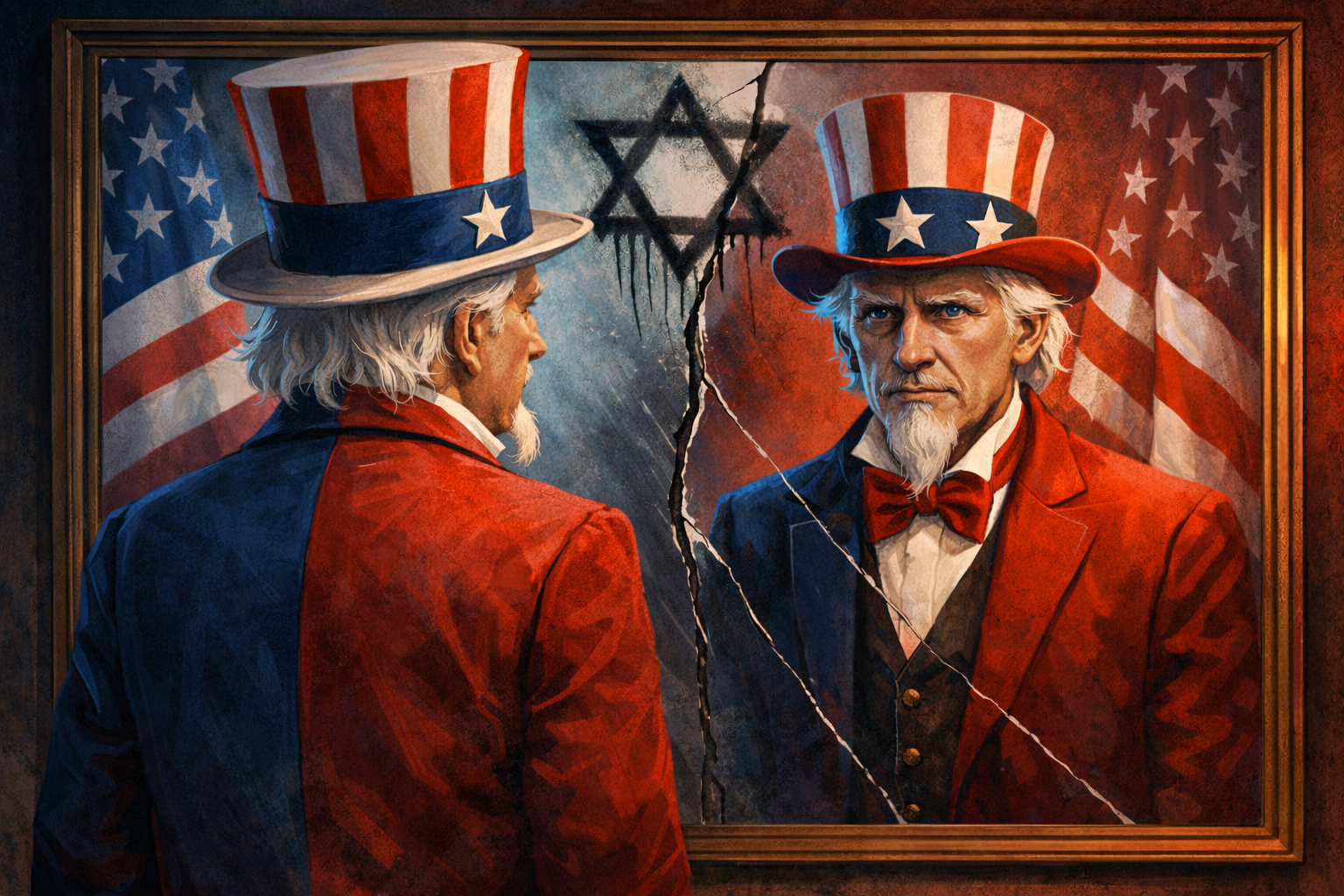By Michael Gencher | The Algemeiner | May 13, 2025

In the lead-up to Australia’s 2025 federal election on May 21, 2025, the Jewish community harbored cautious optimism. Many hoped that the electorate would deliver a rebuke to the rising tide of antisemitism and the radicalization of political discourse, particularly from the Greens and certain “Teal” independents. There was a genuine desire for a government that would prioritize social cohesion, reject imported hatreds, and reaffirm Australia’s commitment to its Jewish citizens.
However, the election results delivered a sobering reality. The Australian Labor Party secured a decisive majority, surpassing expectations and eliminating the need for alliances with the Greens or Teal independents. For many in the Jewish community, this outcome was unexpected and deeply concerning. There had been a belief that Australians would reject the divisiveness creeping into politics from the far-left fringes. Instead, the Labor Party’s clear majority sent shockwaves through a community already grappling with rising antisemitism and a volatile international climate.
Labor’s victory was also marred by internal controversies that further unsettled the Jewish community. The abrupt removal of Attorney-General Mark Dreyfus, a senior Jewish MP, from the cabinet raised serious questions about the party’s direction. While opinions on Dreyfus’ record are mixed within the community, his departure, alongside that of Ed Husic, the only Muslim cabinet minister, was widely viewed as a ruthless factional play — one that sidelined two prominent figures in favor of internal power deals. These developments have heightened concerns that Labor’s commitment to addressing antisemitism and managing Middle Eastern issues with a policy of balance and sensitivity may falter without clear, principled leadership.
Yet, amid these challenges, there was a glimmer of light. The Greens, long criticized for their embrace of radical rhetoric and their tolerance of antisemitic narratives under the guise of anti-Zionism, suffered a significant electoral blow. The loss of several key seats, including that of leader Adam Bandt, was not just a political defeat but a clear rejection of their extreme positions by the Australian public. For a Jewish community increasingly under siege from fringe activism and imported Middle Eastern conflicts, this was a welcome repudiation of divisive identity politics.
Similarly, the Teal independents — once seen as centrist and pragmatic — faced a reality check. While some retained their seats, their influence diminished, and their ambiguous stances on antisemitism and foreign policy left many Jewish voters wary. The failure of certain Teal MPs to unequivocally condemn antisemitic incidents or to articulate clear, principled positions on Israel contributed to a growing disillusionment among voters, who had once viewed them as a moderate alternative.
The 2025 election has thus served as both a wake-up call and a complex lesson for the Jewish community. While the diminished influence of the Greens and Teals offers some reassurance, the Labor majority — and the internal shifts within its leadership — raise new concerns. This outcome has reinforced the need for vigilance and proactive engagement. It is not enough to hope for political parties to “get it right” on their own. Sustained advocacy, education, and a unified voice are essential to ensure that the fight against antisemitism and the defense of democratic values remain central to Australia’s political discourse.
Ultimately, while the election results were not what many in the Jewish community had hoped for, they revealed important fault lines — and opportunities. The electorate’s rejection of extremism signals that Australians are not prepared to embrace the imported hatreds and ideological purity tests that have plagued other Western democracies. There remains a strong foundation of support for pluralism, social cohesion, and common-sense governance.
Australia’s experience is a valuable example for other Western democracies: voters will tolerate diversity of opinion, but not the politics of division and hate. For the Jewish community, and indeed for all Australians, the path forward is clear — stay engaged, stay vigilant, and never assume that the moral clarity of the majority will prevail without effort.
Michael Gencher is the Executive Director of StandWithUs Australia, an international education organisation that supports Israel and fights antisemitism.
Read the full article here .





